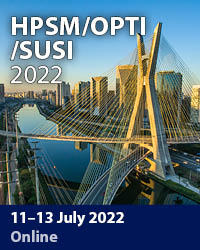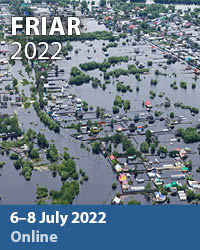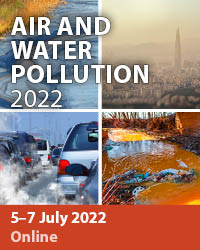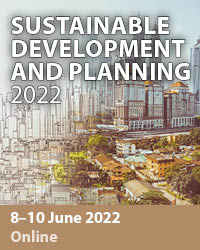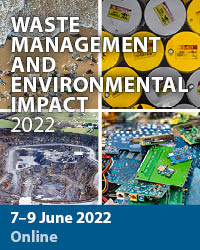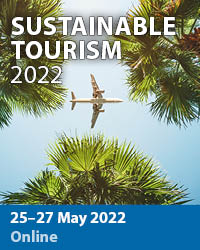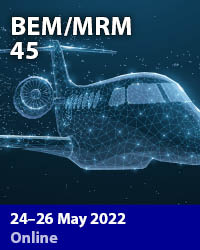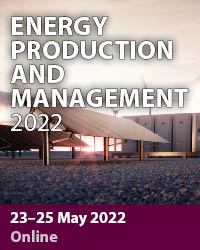International Conference on High Performance and Optimum Structures and Materials Encompassing Shock and Impact Loading
11–13 July 2022
Lisbon, Portugal
Introduction
This scientific event is a new edition of the High Performance and Optimum Design of Structures and Materials Conference and follows that originated in Southampton as long ago as 1989 and the Structures under Shock and Impact that started in Cambridge, Massachusetts, also in 1989
The use of novel materials and new structural concepts nowadays is not restricted to highly technical areas like aerospace, aeronautical applications or the automotive industry, but affects all engineering fields including those such as civil engineering and architecture. The conference addresses issues involving advanced types of structures, particularly those based on new concepts. Contributions will highlight the latest development in design and manufacturing issues.
Most high-performance structures require the development of a generation of new materials, which can more easily resist a range of external stimuli or react in a non-conventional manner. Particular emphasis will be placed on intelligent structures and materials as well as the application of computational methods for their modelling, control and management.
The conference also addresses the topic of design optimisation. Contributions on numerical methods and different optimisation techniques are also welcome, as well as papers on new software. Optimisation problems of interest to the meeting involve those related to size, shape and topology of structures and materials. Optimisation techniques have much to offer to those involved in the design of new industrial products, as the appearance of powerful commercial computer codes has created a fertile field for the incorporation of optimisation in the design process in all engineering disciplines.
The performance of the structures under shock and impact loads is another objective of the meeting. The increasing need to protect civilian infrastructure and industrial facilities against unintentional loads arising from accidental impact and explosion events as well as terrorist attacks is reflected in the sustained interest worldwide. While advances have been made in the last decades, many challenges remain, such as developing more effective and efficient blast and impact mitigation approaches than those that currently exist or assessing the uncertainties associated with large and small scale testing and validation of numerical and analytical models. All of that aimed to a better understanding of critical issues relating to the testing behaviour, modelling and analyses of protective structures against blast and impact loading.
The meeting will provide a friendly and useful forum for the interchange of ideas and interaction amongst researchers, designers and scholars in the community to share advances in the scientific fields related to the conference topics.
All conference papers are archived in the Wessex Institute eLibrary (www.witpress.com/elibrary) where they are easily and permanently available in Open Access format to the international community.
Conference Topics
The following list covers some of the topics to be presented at HPSM/OPTI/SUSI 2022. Papers on other subjects related to the objectives of the conference are also welcome.
- Composite materials
- Material characterisation
- Natural fibre composites
- Nanocomposites
- Green composites
- Composites for automotive applications
- Transformable structures
- Environmentally friendly and sustainable structures
- Reliability-based design optimisation
- Non-deterministic approaches
- Evolutionary methods in optimisation
- Aerospace structures
- Biomechanics application
- Lightweight structures
- Design for sustainability
- Design for durability
- Lifecycle assessment
- Structural reliability
- Smart materials and structures
- Optimization of civil engineering structures
- Optimization in mechanical engineering
- Optimization in the car industry
- Design optimization of tall buildings
- Metaheuristic algorithms
- New algorithms for size and topology optimisation
- BIM tools for design optimization
- Emerging materials
- Impact and blast loading
- Energy-absorbing issues
- Computational and experimental results
- Response of reinforced concrete under impact
- Seismic behaviour
- Protection of existing structures
- Industrial accidents and explosions
- Security issues
- Response of composite structures to blast and impact
- Vehicle impact
- Ballistics analysis
- Dynamic material behaviour
- Fluid-structure interaction
- Seismic soil-structure interaction
- Case studies
